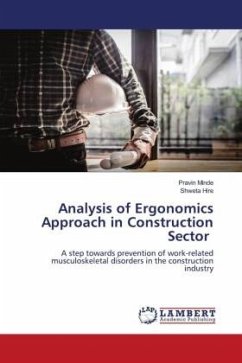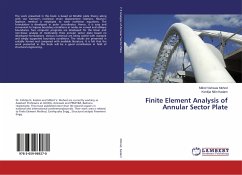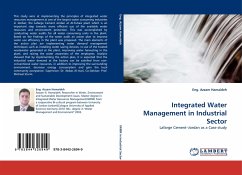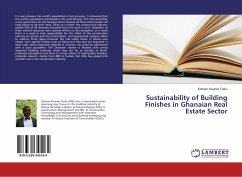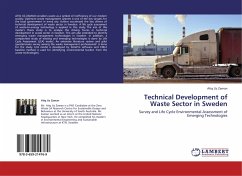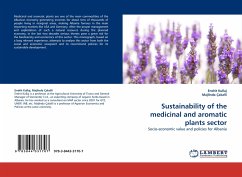The Indian construction industry continues to follow the primitive work pattern, which results in low productivity, poor resource management, and waste management. Because construction is a physically demanding job, site workers are frequently at risk of long-term injury. The ergonomics improvement process systematically identifies ergonomic hazards and puts in place engineering and administrative control measures to quantifiably reduce risk factors. This study focuses on the poor ergonomics is likely to result in a loss of worker productivity, higher rates of lost workdays through illness, and a lack of staff morale and motivation.
Bitte wählen Sie Ihr Anliegen aus.
Rechnungen
Retourenschein anfordern
Bestellstatus
Storno

